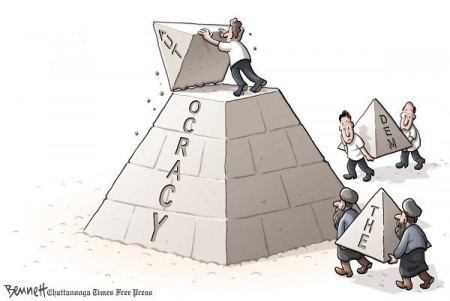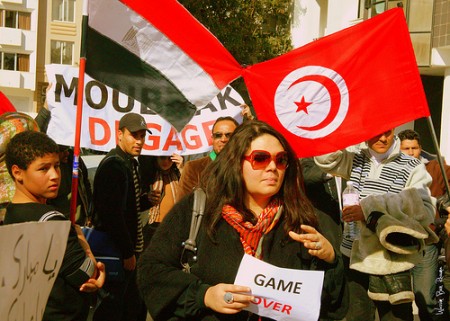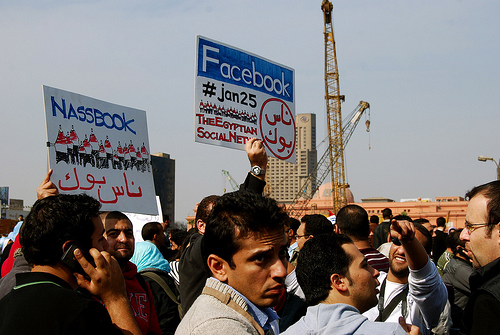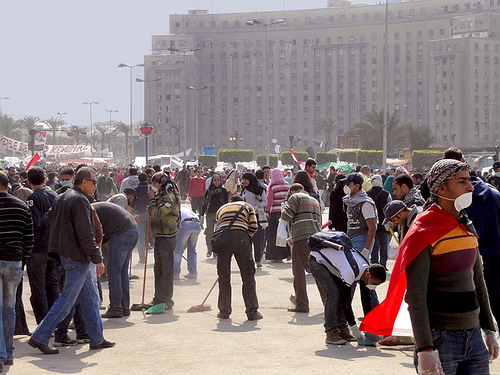
Ongoing protests in Cairo have cast a shadow on the inauguration of Egypt’s first democratically elected Parliament, making it clear that the country is still merely at the threshold of achieving a successful transition to democracy. Hovering above the heads of many protesters remains the fear of military rulers not willing to step down from the political arena, and given the military’s core interests, this apprehension would not appear misplaced. Meanwhile, the question of how the Muslim Brotherhood will actually grapple with the burden of government responsibility once in power is predominantly worrisome to liberal Western governments and to Israel in particular.
Considering the Brotherhood’s long history of being in opposition and primarily functioning outside the political realm, this is a highly relevant question. Starting in the 1920’s as a social movement, the organization has built up its strong popular base mainly by avoiding direct government confrontation and providing efficient social services to Egyptian citizens at the margins of a repressive government. Having originally operated in the shadows of Hosni Mubarak’s corrupt regime, the Brotherhood’s grass roots approach has now borne fruit in the form of votes at the ballot, and the people are skeptically waiting to be served. The ever-evolving nature of the Brotherhood seems to be standing at the crossroads once again, having to compromise between pragmatism and ideology, a choice that is likely to determine Egypt’s future at least in the short term.




